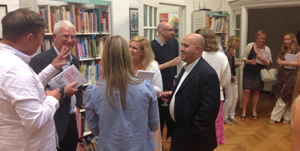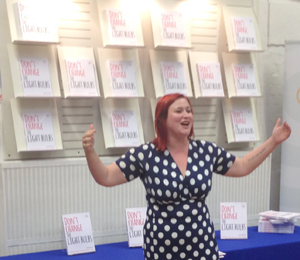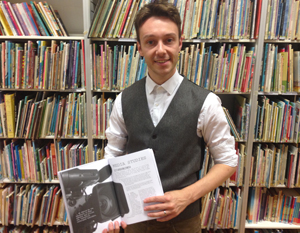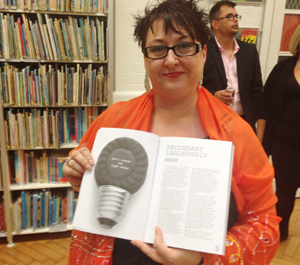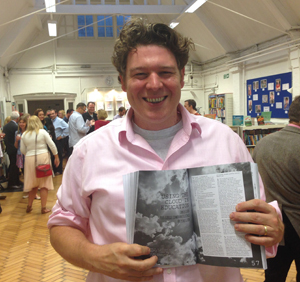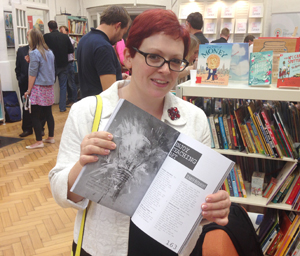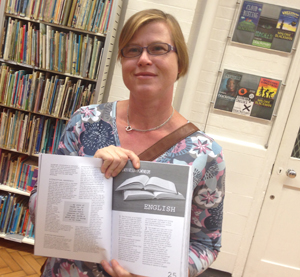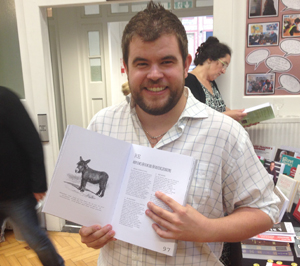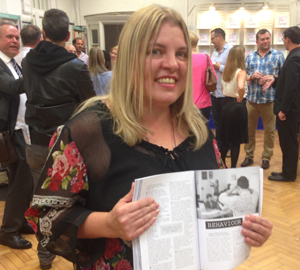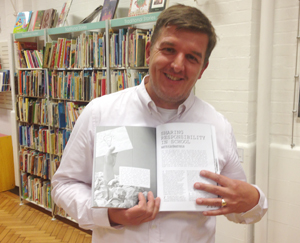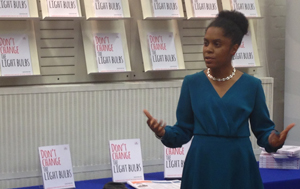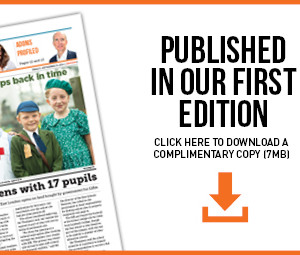Back when I was a trainee teacher my eyes were continually drawn to the large shelves looming behind my professional mentor, crammed with their favourite teaching books.
Forever wondering how they found time to read such texts (let alone which to prioritise) the same issues today appear ever more relevant, with teachers also
reading blogs and websites, as well as the potential delights of social media.
Seeking to throw some light (apologies for the pun) on these considerations, Don’t change the light bulbs is a compilation of short, focused contributions written collaboratively by teachers working across the UK, the majority of whom are particularly active in tweeting and blogging about the profession.
The format is straightforward for busy teachers, with each author sharing a ten-point guide in their chosen field of expertise or interest.
Included are core educational topics (eg creativity, questioning, maths, science, primary) but the curator, Rachel Jones — herself a teacher and avid blogger — has widened the book’s scope, allowing the authors to contribute on more unusual topics, such as bottom-up leadership or running school assemblies. This leads to a stimulating read on all aspects of school life.
With such lofty ambitions I was naturally fearful the project’s execution might not match its intended impact and the overall results wouldn’t be cohesive given so many differing viewpoints. The final result, however, is good. Very good in fact.
An accessible starting point for teachers wanting to gain the benefits of our most active online communities
Although it does feel on the pricey side at £25, and whilst some will always criticise the notion of distilling advice into a series of concise sections, it does make the format very accessible and allows each author to really convey their own expertise, with many indicating further links for future exploration.
The overall result is an engaging glimpse into the classrooms and minds of some of the country’s most motivated and talented teachers, balancing creative solutions that you can attempt in tomorrow’s lesson with wider insight and contextual points.
Reading the book over a number of days I often found myself pausing to look into the various links suggested, or trying to suppress a grin as I discovered a couple of gems I hadn’t heard before.
Frequently these ideas came from subject areas I don’t know well. There are, of course, references I had heard before and yes, there was the odd repetition between overlapping chapters, but this didn’t detract from the overall experience of teachers writing passionately about their craft.
Notable credit should go to the publishers who allowed these voices to be presented authentically and un-edited (‘This is porn for geography teachers’ perhaps being the most obvious example).
Such frankness won’t be to everyone’s taste but if you’re looking for exciting, stimulating ideas from excited and stimulated teachers telling you what they think and what works, then you’ll love this.
My final point concerns the authors themselves. Much of their advice really is first-rate but what stood out above even that, was the commitment they displayed for teachers supporting each other and developing as a community.
Many raved about the benefit they had gained from blogging or engaging with Twitter, and I lost track of the occasions authors took time to deliberately credit their points to other collaborators. Along with each article, the author also included their Twitter handle – thus giving an open invitation for readers to collaborate.
This is important as it positions the book as a stimulus to teachers – something that is always vital. But, perhaps more importantly, it makes the book an accessible starting point for teachers wanting to gain the benefits of our most active online communities.
Ian Caswell has worked as a teacher in London schools and for a number of universities supporting trainee teachers. The curator of the book, Rachel Jones, can be tweeted at via @rlj1981
The book launch took place this evening at the Centre for Literacy in Primary Education in central London. Schools Week editor Nick Linford was there and a few of his iPhone pictures have been posted below.
